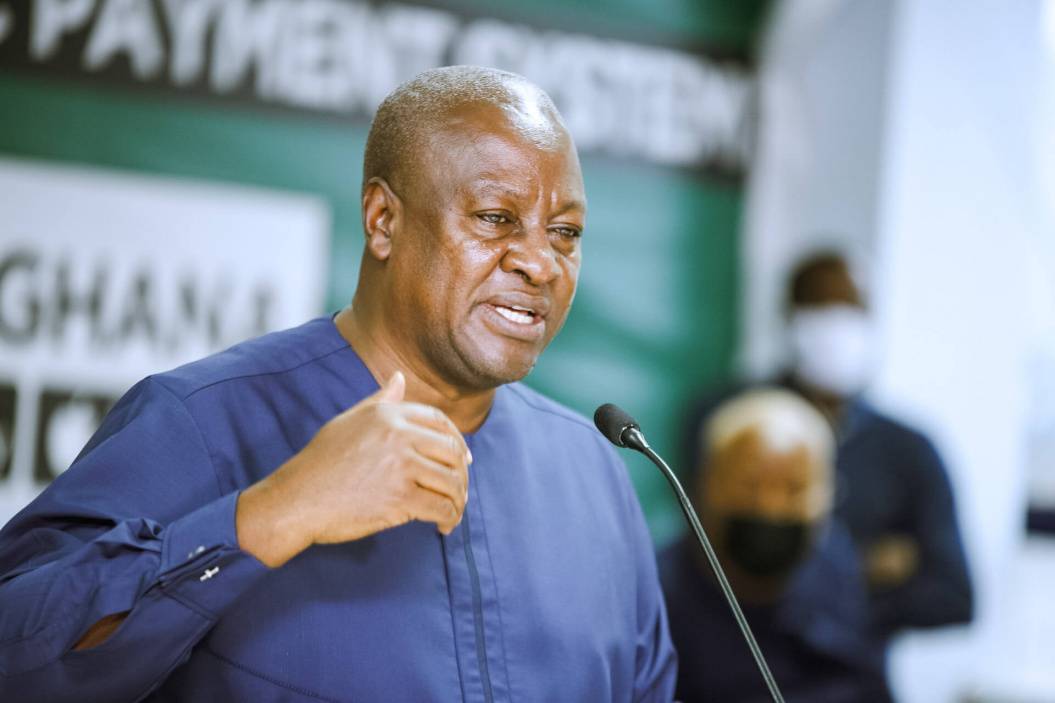In a recent development, Former President John Dramani Mahama, a significant figure in Ghanaian politics, has made a commitment to provide allowances to assembly members if he secures the presidency in the upcoming 2024 elections.
While this pledge could potentially benefit assembly members, it has sparked skepticism and raised investigative concerns, particularly from Yaw Preko, the Deputy Director of Communications at the Presidency.
Mahama's promise, though appearing generous on the surface, is encountering a fair share of scrutiny. Critics are not questioning the intent behind the commitment but are rather focusing on the financial feasibility of such a pledge, considering the economic constraints of a developing nation like Ghana.
The primary inquiry revolves around whether Mahama's proposal is rooted in a well-thought-out plan supported by a robust financial strategy or if it serves as a strategic political move aimed at gaining favor in the upcoming elections.
Examining Mahama's commitment, it is evident that the potential impact on assembly members is significant. If implemented, it could contribute to their financial well-being and potentially enhance their ability to serve their communities effectively. However, the feasibility of such a promise within the broader economic context raises legitimate concerns.
Ghana, like many developing nations, faces economic challenges that necessitate careful consideration of budgetary allocations. Allocating resources for assembly members' allowances requires a comprehensive understanding of the nation's fiscal capacity and the prioritization of various needs.
Yaw Preko's skepticism reflects a cautious approach, urging a deeper examination of the financial implications. It prompts the essential question of whether Mahama's proposal aligns with a sustainable financial strategy that ensures responsible governance and economic stability.
Critics emphasize the importance of transparency in the political landscape, calling for detailed explanations regarding the funding mechanisms for such promises. A transparent breakdown of the financial plan would not only allay concerns but also establish Mahama's commitment to accountable governance.
On the flip side, Mahama's supporters may argue that his pledge demonstrates a genuine concern for the welfare of assembly members and, by extension, the grassroots level of governance. They may perceive it as a strategic move to address the needs of those at the forefront of local administration, showcasing Mahama's dedication to inclusive and people-centric policies.
As Ghana approaches the 2024 elections, the scrutiny surrounding Mahama's promise adds a layer of complexity to the political landscape. The electorate seeks not only visionary leadership but also a clear understanding of the financial implications of proposed policies.
Former President John Dramani Mahama's commitment to providing allowances for assembly members in the 2024 elections has ignited both interest and skepticism. While the potential benefits for assembly members are evident, the scrutiny surrounding the financial feasibility of the promise raises critical questions. As the political landscape evolves, transparency and a comprehensive financial strategy will play pivotal roles in determining the credibility of such commitments and shaping the electorate's perception.



No comments yet
Be the first to share your thoughts!